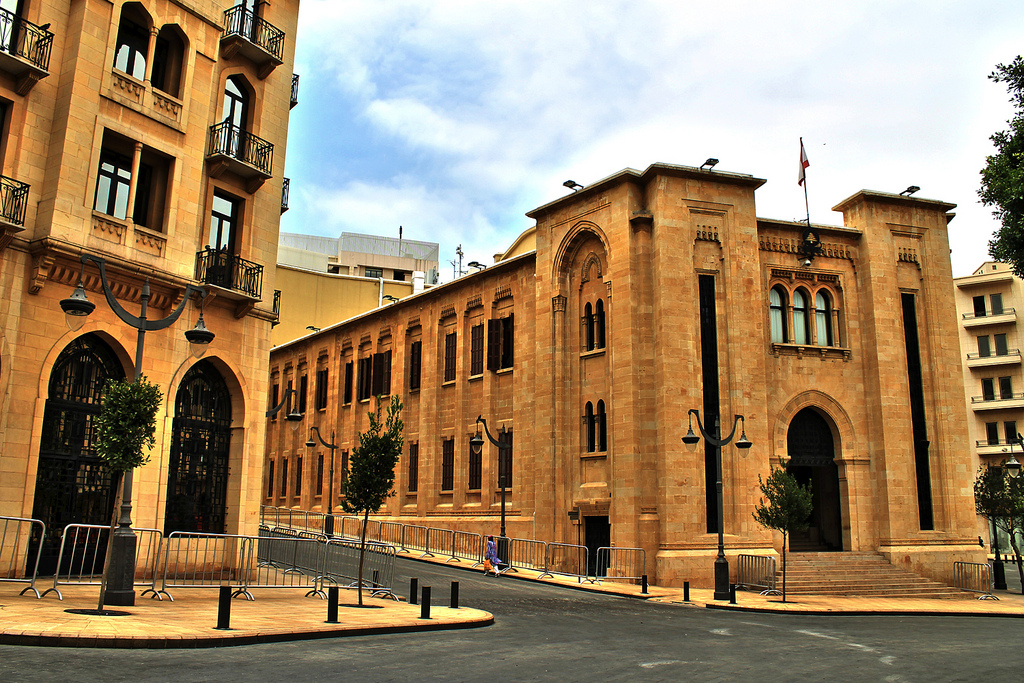Since the Cedre conference (Economic conference for the development of Lebanon through reforms with companies) organized in 2018 and whose aid has never been released due to the lack of reforms necessary for financing, the country has plunged into an economic and social slump rooted into the financial practices of an oligarchy adept at exploiting a system marked by corruption and small arrangements between friends.

Réagissez à cet article